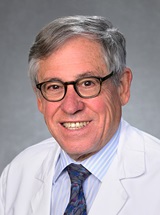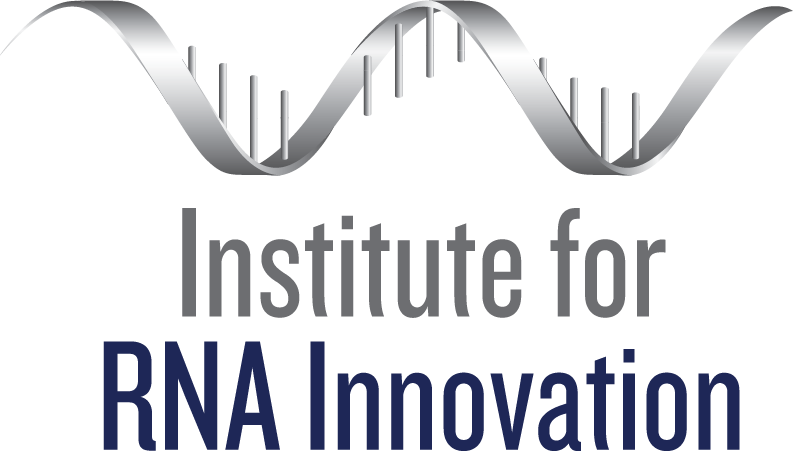
Harvey Friedman, M.D.
Harvey Friedman’s laboratory is developing vaccines for preventing and treating genital herpes. The vaccine design is based on basic discoveries made by the lab about immune evasion strategies of the virus. We showed that HSV-1 and HSV-2 glycoprotein gC bind complement component C3b, a critical complement protein in the complement cascade. We determined that gC inhibits complement activation, rendering the complement system ineffective against the virus. HSV mutant viruses unable to bind C3b are highly susceptible to complement-mediated neutralization or lysis. In vivo studies in guinea pigs and mice demonstrated that these mutant viruses are 50- to 100-fold less virulent than wild-type virus. Studies in C3-deficient animals demonstrated that virulence of gC mutant viruses returned to wild-type levels, supporting an important role for gC in immune evasion.
The lab also determined that HSV-1 and HSV-2 evade antibody attack. Glycoprotein gE binds the Fc domain of IgG. When the Fab domain of an antibody molecule binds to an HSV antigen, the Fc end of the same antibody molecule binds to gE, blocking activities mediated by the Fc domain, such as complement activation and antibody-dependent cellular cytotoxicity. The impact is that gE reduces the effectiveness of antibodies in host defense. HSV-1 and HSV-2 gE mutant viruses are more susceptible to antibody and complement attack than wild-type virus. These studies establish an important role for gC- and gE-mediated immune evasion in HSV-1 and HSV-2 pathogenesis.

